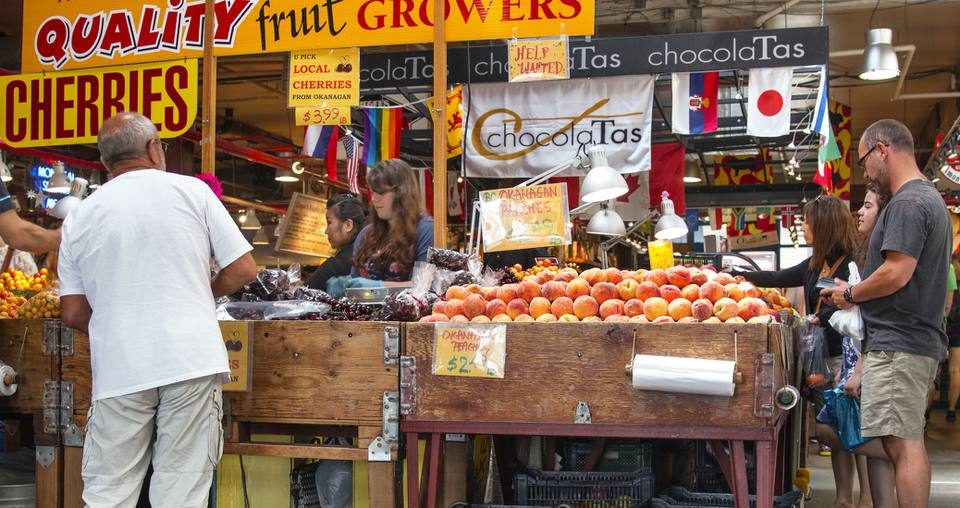If you multiplied Islington by four and plopped it next to the Pacific, you’d end up with a city a lot like Vancouver. The largest city in the Canadian province of British Columbia (BC for short) seems tailor-made for the liberal elite.
Free movement is the city’s fabric: there’s a running joke that no one who lives in Vancouver actually grew up there; 67% of the population were born outside BC, 45% outside Canada. In most Vancouver constituencies, Left-wing candidates won sizeable majorities in October’s federal election. There are more Extinction Rebellion chapters within 100 miles of the city than in the whole of BC’s two neighbouring provinces put together. (Cost of living is exorbitant, naturally, and gentrification rampant; inequalities are increasing.)
So I was taken aback this week, when I walked into a supermarket just outside Vancouver and saw a sign that said ‘BC First’. Was this (yet another) Canadian separatist movement? A homage to Trump’s America First agenda? A far-Right campaign against multiculturalism, à la Britain First?
But no: looking closer, the ‘BC First’ sign was sticking out of a large mound of yams. All it meant was that the supermarket makes every effort to source its vegetables from within the province, to reduce food miles — a decidedly un-Trumpian goal.
Still, that sign, sticking out of a pile of tubers not native to Canada, in the nation’s most diverse province, represents a major challenge currently facing parts of the environmental movement.
In the past, environmentalism was primarily championed by global-minded, tofu-eating, city-dwelling, Left-wing young people — the kind of people who might, guiltily, fly 4700 miles to spend Christmas in Vancouver and feel right at home there.
Consider what that young person learned at school about protectionism (it’s bad) and nationalism (it’s really bad) — and about globalisation (it ends poverty!) — and it’s hardly surprising that they might feel ambivalent about a sign putting a particular place ‘First’.
Obviously, it will require a global outlook to tackle climate change; but it will also require citizens to buy increasingly from within their own borders. Therein lies the challenge for us tofu-eating, city-dwelling, free-moving environmentalists: to find a place for localism within a global outlook.










Join the discussion
Join like minded readers that support our journalism by becoming a paid subscriber
To join the discussion in the comments, become a paid subscriber.
Join like minded readers that support our journalism, read unlimited articles and enjoy other subscriber-only benefits.
Subscribe